The International Finance Corporation (IFC), TLcom Capital, and the Global Agriculture and Food Security Program (GAFSP) on Friday announced a Ksh 1 billion ($10 million) investment in Twiga Foods, a Kenyan-based start-up connecting smallholder farmers in rural areas to informal retail vendors in cities.
The investment was co-led by IFC and TLcom, a Pan-African venture capital firm, with participation from previous investors Wamda Capital, DOB Equity, 1776 and Adolph H.Lundin. As part of the deal, Wale Ayeni, who leads IFC’s venture capital activities in Africa, and Maurizio Caio, Founder and Managing Partner at TLcom will join the board.
The Twiga Foods platform uses mobile phone technology to match supply and demand, aggregating market participants and finding buyers for farmers’ produce in Africa’s large, but highly fragmented fruit and vegetable market. Twiga’s m-commerce platform enables vendors to order fresh produce, as and when needed, from farmers across Kenya. The system is a win for both sides – farmers have guaranteed access to a fairly priced, transparent, mobile marketplace while vendors can consistently source high-quality produce, which is conveniently delivered for free to their doorstep by Twiga. By increasing efficiency in the supply chain, Twiga is able to reduce waste and ultimately reduce food prices for end consumers.
“The TLcom and IFC investment will enable us to reach more farmers, improve efficiency in service delivery and increase access to high quality produce and foodstuffs for vendors. We will continue in our mission to provide affordable, quality, and safe food to Kenya’s urban consumers, and reliable markets for farmers across the country.” said Grant Brooke, CEO Twiga Foods.
Twiga will use the new investment to expand operations and offer new services. Since it launched operations in 2014, Twiga has grown to work with over 13,000 farmers and 6,000 vendors in Kenya. The company initially started off matching vendors to banana farmers, but now works with other produce such as tomatoes, cabbage, mango, potato and onion. Farmers who sign up with Twiga receive payment within 24 hours.
The company operates collection centers across the country, in addition to a central pack house with cold storage facilities, and mobilised trucks and vans for swift collection and distribution of produce. The smooth logistics system limits Twiga’s post-harvest losses to five percent, as compared to 30 percent at informal markets, where farmers typically sell produce.
“Access to markets is a key concern for smallholder farmers across Africa, many of whom live in remote areas. IFC’s investment in Twiga supports a disruptive startup that is helping create a more transparent, efficient supply chain, which connects farmers directly to markets, helping them earn more,” said Nikunj Jinsi, IFC’s Global head of Venture Capital.
“Twiga is proving that smart use of technology and innovative business models can vastly improve large and inefficient African markets such as the agricultural supply chain. With capital and business building support coming from this set of investors Twiga is positioning for massive value generation, demonstrating the increasing maturity of the Africa venture capital space”, said Caio.
Agriculture is a key driver of Kenya’s economy, accounting for an average of 25% of total GDP from 2013 to 2017. Along with the investment, IFC’s Advisory Services team will work with Twiga to support farmers in improving food safety, environmental and social practices.
IFC supports the mobile technology sector to help promote social inclusion and business growth. Over the past three years, IFC has invested over $1.5 billion in telecommunication, technology, and startup companies globally.
IFC’s investment includes funding from the private sector window of the Global Agriculture and Food Security Program (GAFSP). Donor partners to the GAFSP include the governments of Australia, Canada, Japan, the Netherlands, the U.K. and the U.S. GAFSP’s concessional funding allows IFC to extend its reach into more fragile markets and to invest in riskier projects that have a strong potential to promote food security and reduce poverty among smallholder farmers.
Last year, Twiga Foods successfully raised a Series A funding round including Ksh 630 million ($6.3m) in equity and Ksh 400 million ($4m) in debt instruments.
READ: KAMBA LEADERS PILE MORE PRESSURE ON ‘ERRAND BOY’ KALONZO
The round was led by Wamda Capital and includes Omidyar Network, DOB Equity, Uqalo, 1776, Blue Haven Initiative, Alpha Mundi, and AHL Venture Partners. The investment was to enable Twiga to increase the number of vendors it is able to serve each day in Nairobi, diversify its product portfolio, and introduce advanced supplier services.

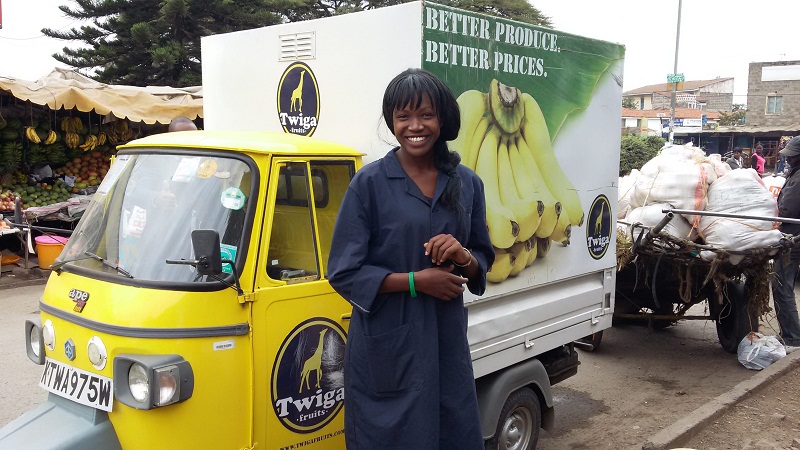







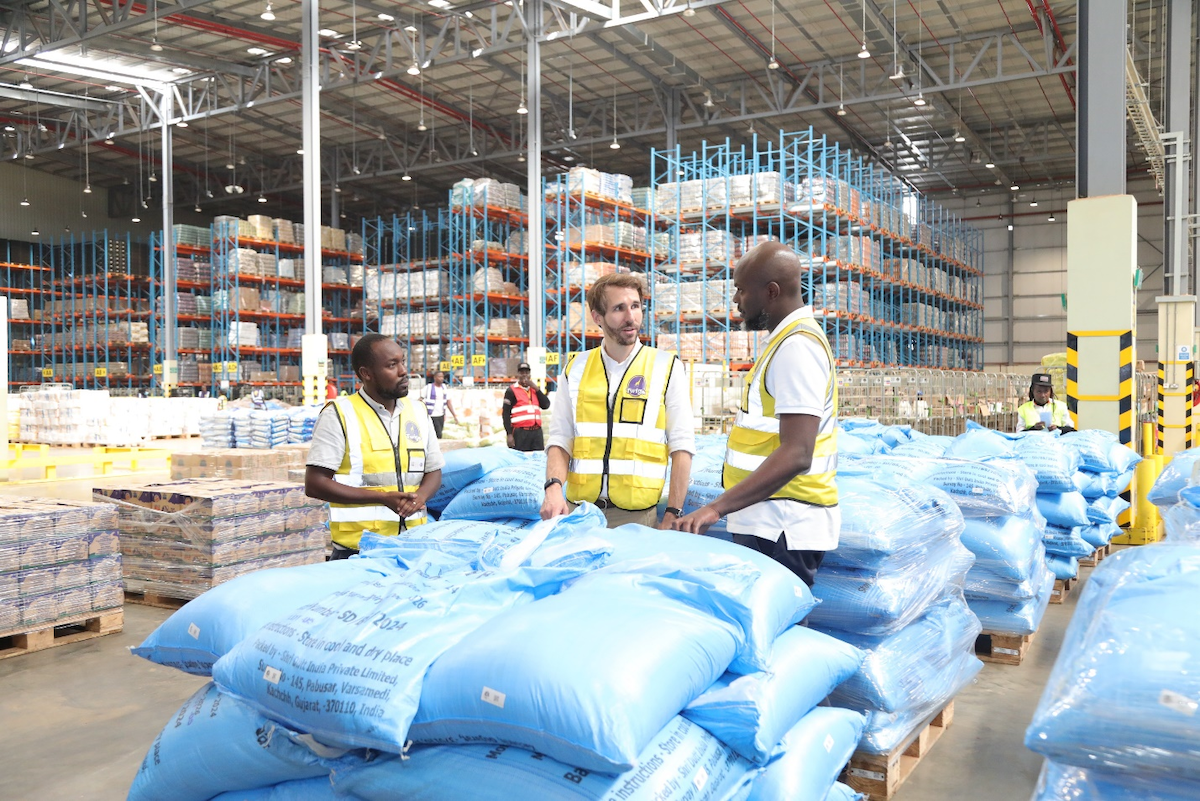
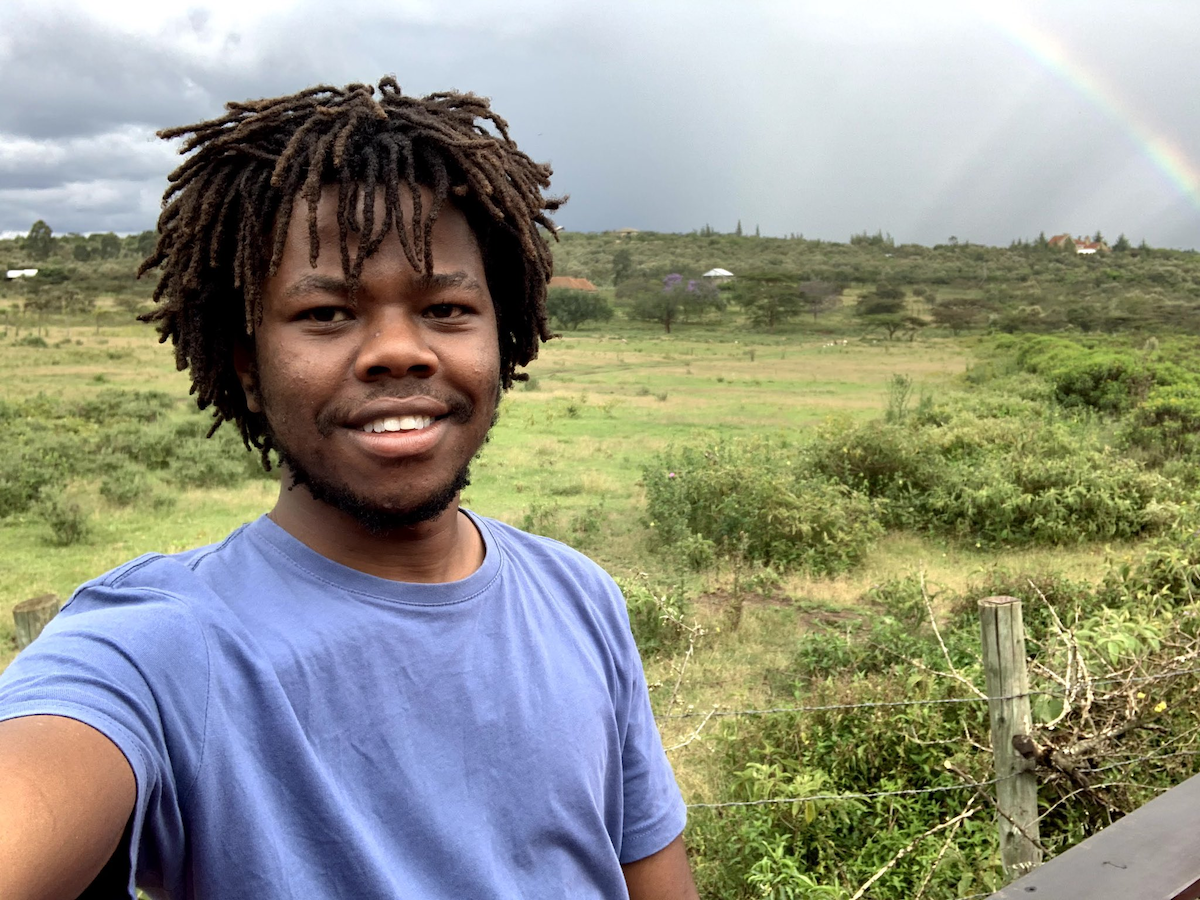
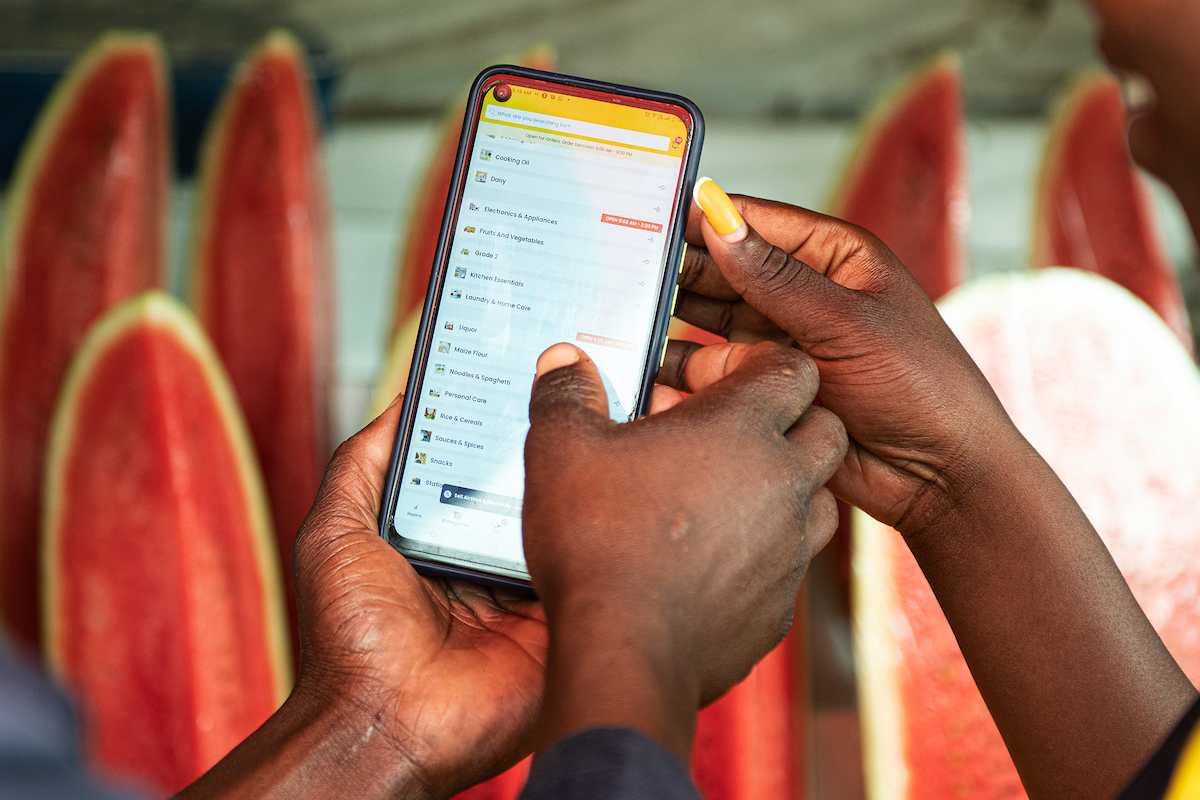
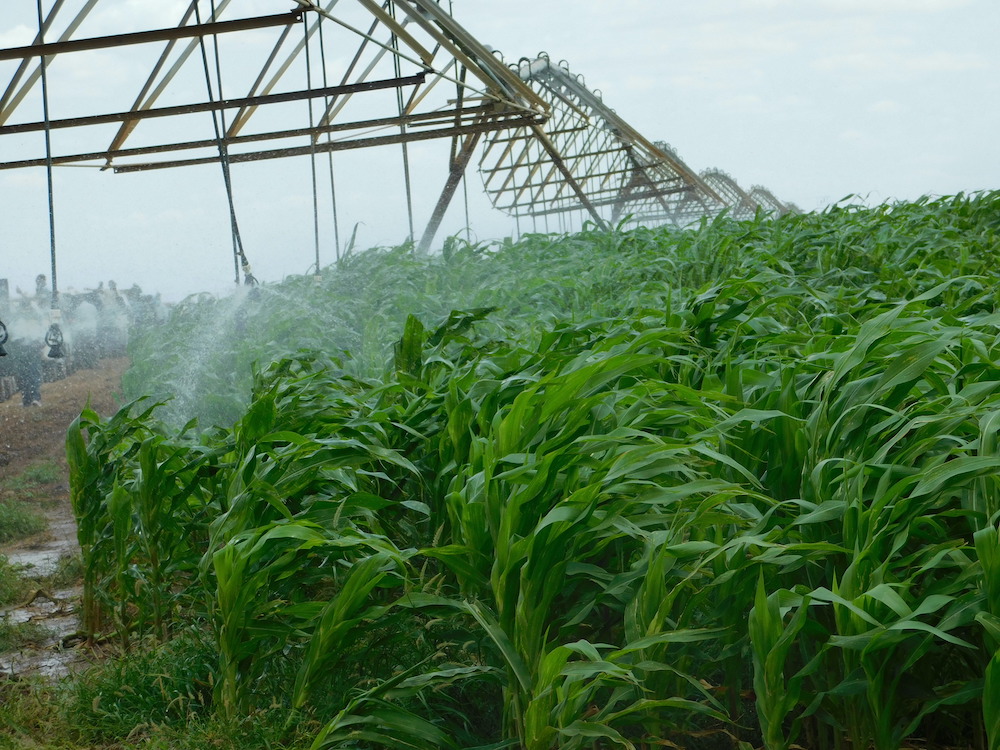
3 Comments